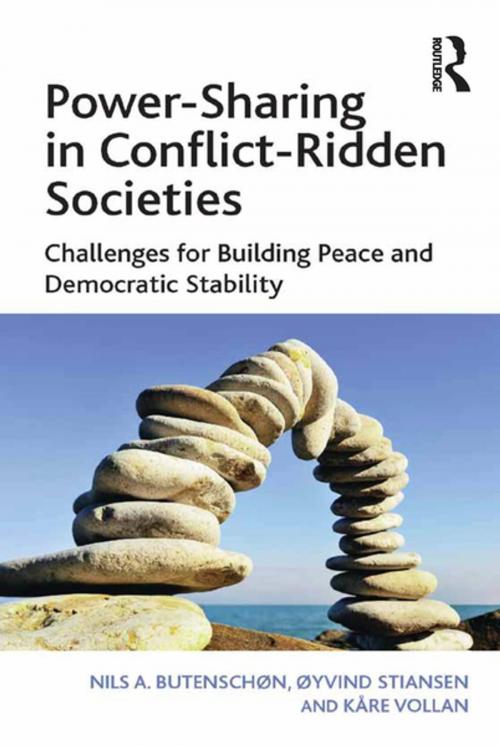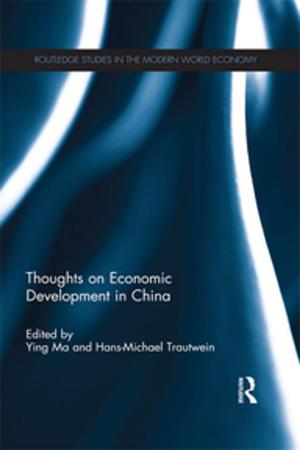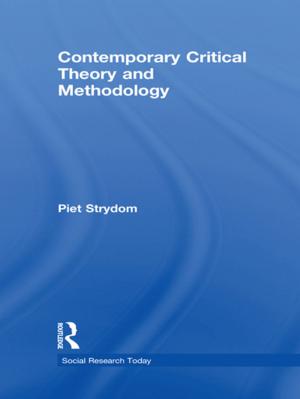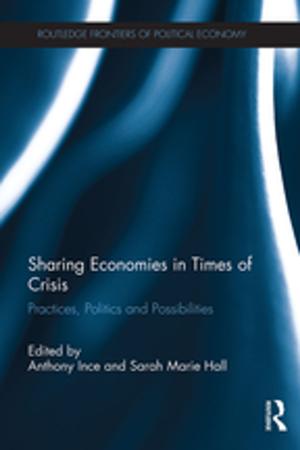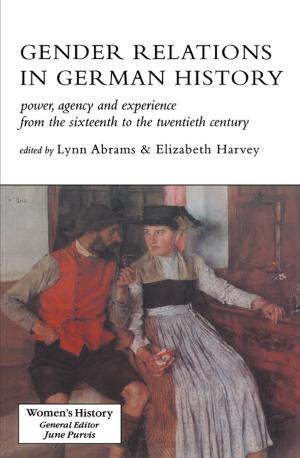Power-Sharing in Conflict-Ridden Societies
Challenges for Building Peace and Democratic Stability
Nonfiction, Social & Cultural Studies, Political Science, International, Foreign Legal Systems| Author: | ISBN: | 9781317076742 | |
| Publisher: | Taylor and Francis | Publication: | March 3, 2016 |
| Imprint: | Routledge | Language: | English |
| Author: | |
| ISBN: | 9781317076742 |
| Publisher: | Taylor and Francis |
| Publication: | March 3, 2016 |
| Imprint: | Routledge |
| Language: | English |
Based on a unique comparative study of Burundi, Rwanda, Ethiopia, Lebanon, Bosnia-Herzegovina, Nepal, Myanmar, the Philippines, and Fiji this book analyses the formal and informal arrangements defining the post-conflict political order in these countries and evaluates whether these systems strengthened or weakened the chances of establishing sustainable peace and lasting democracy. What can be learned from these cases? Each country has it unique history but they are faced with comparable challenges and dilemmas in building a democratic future. Which solutions seem to contribute to democratic stability and which do not? These questions are discussed in light of theoretical literature, case studies, and field interviews with the authors concluding that systems based on proportional representation offered the best prospects for including diverse and conflicting identities and building unified political systems. The book is of particular interest to students of democracy and peace-building; academics as well as decision-makers and practitioners in the field.
Based on a unique comparative study of Burundi, Rwanda, Ethiopia, Lebanon, Bosnia-Herzegovina, Nepal, Myanmar, the Philippines, and Fiji this book analyses the formal and informal arrangements defining the post-conflict political order in these countries and evaluates whether these systems strengthened or weakened the chances of establishing sustainable peace and lasting democracy. What can be learned from these cases? Each country has it unique history but they are faced with comparable challenges and dilemmas in building a democratic future. Which solutions seem to contribute to democratic stability and which do not? These questions are discussed in light of theoretical literature, case studies, and field interviews with the authors concluding that systems based on proportional representation offered the best prospects for including diverse and conflicting identities and building unified political systems. The book is of particular interest to students of democracy and peace-building; academics as well as decision-makers and practitioners in the field.
